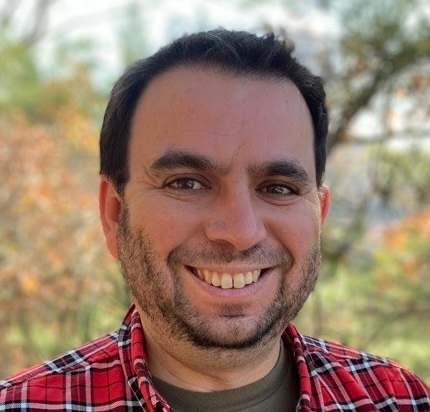Question: Do Jews, Christians and Muslims all worship the same God?
This is a challenging question because it’s both theological and historical.
Let’s take the historical dimension first. At different times in history, a person could answer this question in both directions — and they would both be right. Because the truth is, Christians, Muslims and Jews are diverse groups that have existed for thousands of years and whose adherents disagree aplenty among themselves. So easy answers ought to be viewed with suspicion. For example, one easy answer might be that of the medieval scholar Maimonides, who suggests that Christians do not worship the same God as the Jews. But the Meiri, a 13th-century French talmudist, suggests they do. A different easy answer might be to point out that the word for God in Arabic, Allah, is nearly identical to one of the names for God in Hebrew, Eloha. Another easy answer might be to say that all religions are essentially doing the same thing — that they are all grasping at the same spiritual truths.
But these answers are lacking. We can talk about what various medieval Jews thought of this question and why. We can talk about the linguistic or cultural similarities among different groups. We can talk about shared goals for the world shared by many adherents of different faiths. But when we do, we engage in a certain amount of flattening of the real diversity that exists. And although we might think this promotes good interfaith relations, it actually has the effect of only allowing for interfaith relations when differences are played down.
With your help, My Jewish Learning can provide endless opportunities for learning, connection and discovery.
So I prefer to address this question from an internal Jewish theological perspective. Vayikra Rabbah (1:11-13) claims that God visits gentile prophets, but does not give them as clear a revelation as God gives to Moses and the Jewish prophets. And indeed, revelation to gentiles is often paired with intense rebuke. We see this in the Torah in the story Balaam, the prophet called upon to curse the Israelites. The idea that non-Jews can have access to God is clear from the story, but so is God’s intense displeasure. Vayikra Rabbah also reminds us that Adam and Noah spoke with God even though they were not Jewish.
What this means is that Jews don’t have a monopoly on access to God, but we do privilege and prefer our own access. This also means that we do not have to grant truth status to the claims of other religions in order to affirm that they still can have a relationship with God. This is important, because many Muslim and Christian texts make theological claims about the Jews that we might not want to accept. Jewish theology has created space for others to have their own religious experiences without putting a dent in ours.
The Jewish theological commitment is to a universal God, who is one, who is unique and indivisible and sovereign over the universe, and who has an ongoing covenant with the Jews. Our God is not only the God of the Jews, but the God of everyone. It diminishes the universal dominion of God to say that the only people who can have a relationship with God are Jews.
Does this mean that in worship, Jews, Muslims and Christians are doing the same thing? It does not. What it means is that there is incredible theological and cultural diversity in the history of religion. Judaism makes room to appreciate that diversity while maintaining that God is beyond it.

Rabbi Eric Woodward is the rabbi of Congregation Beth El — Keser Israel in New Haven, Connecticut. He was ordained by the Jewish Theological Seminary and is an alumnus of Yeshivat Hadar.



